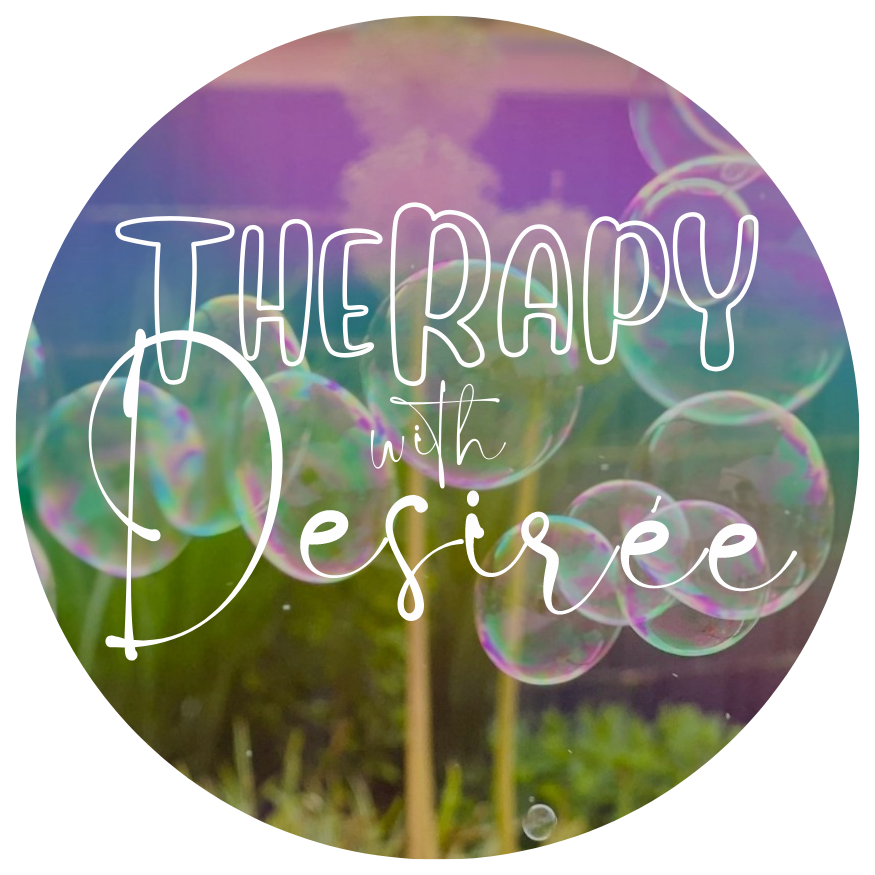The BIGGEST Myths about receiving Therapy for Mental Health
If maintaining your mental health in 2022 has felt more difficult than it did three to six years ago, you’re not alone, especially if you live in NYC. Global conflict, rent still being too damn high, exploitative employers, return to office mandates and rules that seem to change every five minutes, undoubtedly have most New Yorkers and their families overwhelmed, wondering how to manage it all. That’s where therapy comes in.
I want to share some of the misinformation that fosters stigma and preventing people from getting the health care they deserve. Here are some of the worst offenders IMHO:
1. Therapy is for when you’re REALLY struggling
Therapy is for when you’re ready to heal yourself, address internal and external issues, connect more authentically with a community, learn to be more yourself, figure out what strategies work for your unique brain, spirit, body, mind and soul, and find inner harmony and feelings of ease. Supportive therapy that is strengths-based focuses on prior success, goal achievement, emotion management and confidence growth while assessing for room for improvement in relationships, career, consciousness, spirituality, sexuality or purpose. As humans, we’re not the best at telling how we’re actually doing, especially if we’ve been living trough tough situations most of our lives. There could be things you’re hating yourself for that are actually symptoms of a treatable medical condition when in the care of the right clinician.
2. Coaching is the same as therapy
While I offer both coaching and therapy services, they are very different things. Coaching is assessing, strategizing, motivating, and problem-solving towards a specific goal. Therapy is assessing what in your life’s experience is creating stagnation and unnecessary fear, reorganizing things in a way Marie Kondo would be proud of, integrating the complex and sometimes painful aspects, so you can move forward and grow. Therapy includes coaching but coaching legally cannot include therapy because it is not a legally recognized profession. Due to current licensing regulations, I am only able to provide psychotherapy services (such as EMDR or DBT) for residents of NY state. Holistic Mental Health Resilience Coaching is available at the same rate for individuals living outside of NY and internationally. My timezone-converting digital scheduler is the first step in working together.
3. Commercial E-Counseling platforms are ethical resources
It seems to be the culture of startup tech companies to engage in very little planning, especially when it comes to data security, professional ethics, and other things not directly related to profits. I’ve seen this disregard in-person when managers lose sight of what the work actually is. Psych Tech is so heavily prioritizing their bottom line, they are failing to disclose the actors paid to give testimonials – because it's against the law in most states for therapists to request reviews. They also fail to disclose what subscriber information will be used for (marketing, artificial intelligence to build “better” mental health bots, and who knows what else). Cory Booker and Elizabeth Warren have taken companies to court over their misuse and mishandling of PHI. Such companies have become so popular, it’s hard to listen to a podcast or watch a YouTube video without being inundated with ads for discount “therapy” platforms. They’re likely the first link on Google if you search “therapy near me”. They’ve made huge profits on the backs of exploited clinicians feeling increased professional responsibility during the biggest mental health crisis maybe ever. I wouldn’t be as concerned about these companies if they were actually addressing the mental health needs of their clients. Instead, take a look at some of the reviews for sites like Betterhelp, Talkspace, etc… People are being harmed. Having tested one of these sites for a period of time, I saw firsthand the hoops clinicians were asked to jump through to deliver sub-par care via video, phone or text session. One of the most dangerous in my opinion, was that clients were able to remain anonymous which sounds beneficial at first, but much less so when you consider my responsibility to be able to send help to your location if you or someone else is in significant danger.
4. Online therapy isn’t as effective as in-person
In addition to the recently conducted meta-analyses here, here, here, and here, my own and colleague reports prove this is complete BS! While yes, dog farts do sometimes interfere with the audio of a video session, both they and phone sessions have assisted my clients in achieving their goals. Online therapy has been just as effective as in-person therapy for awesome clinical outcomes such as: becoming confident parents of newborns, healing of intergenerational trauma, safely leaving cult-like communities, quieting existential dread during unpredictable times, successful career changes, unlearning biased information and propaganda, as well as recovery from anxiety, depression, C-PTSD, ADHD, single-episode trauma, narcissistic family units, and more! Largely without medication too, though we do not engage in pill shaming and feel gratitude for medications that give people their quality of life back.
5. We’re all going through it, so this must be normal
Anxiety is a medical condition. It’s also a very common human emotion. Ask any of my clients who have had their lives robbed of joy and security since childhood grappling with crippling social anxiety, OCD, panic attacks, depressive episodes, psychosomatic or autoimmune conditions — it's real, and it sucks. You can heal by experiencing vulnerability, unlocking your subconscious, shedding false states of reality, feeling seen, exploring the depths of your spiritual connection with the world — in therapy, from wherever, digitally.

